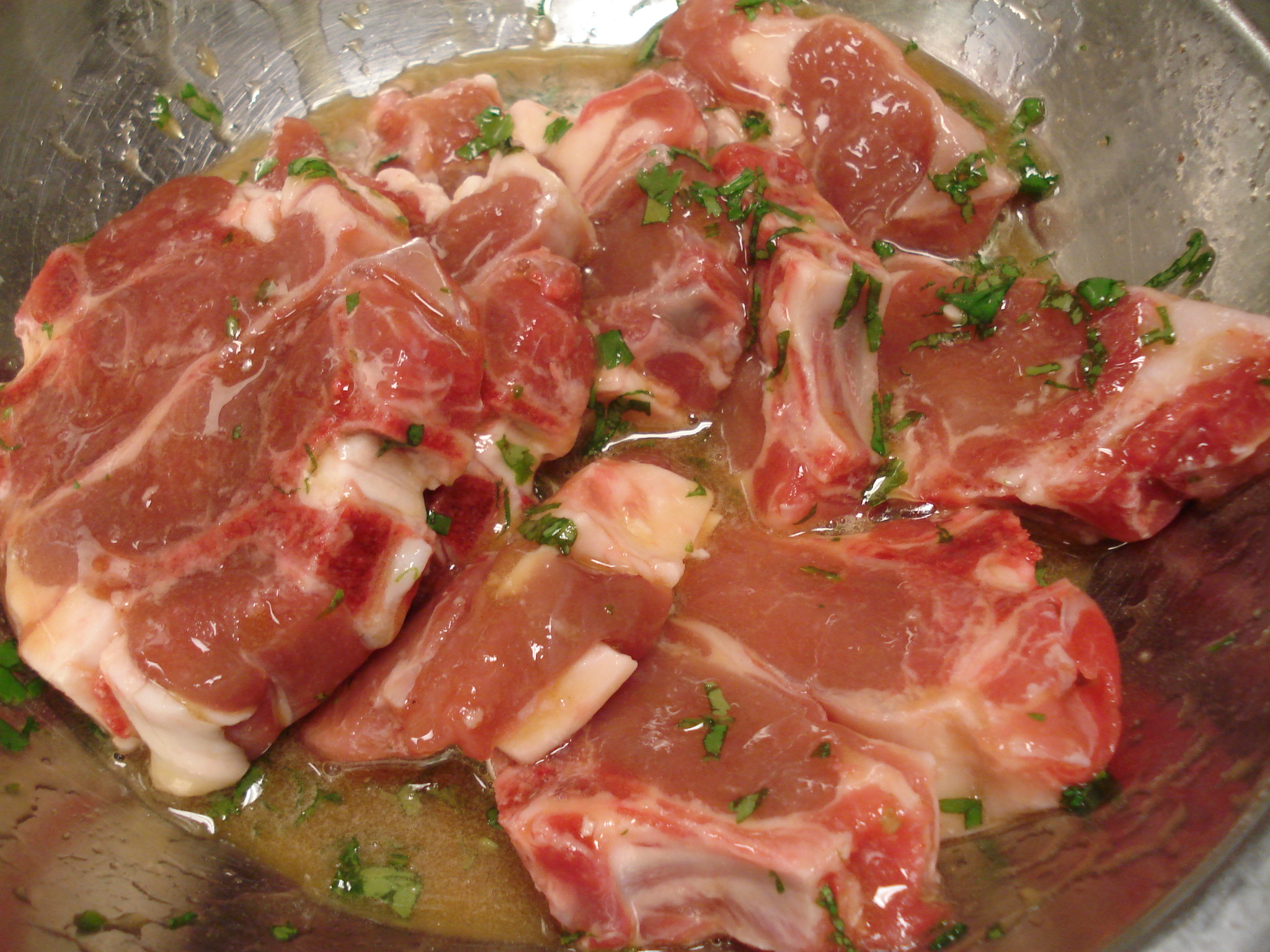Goat meat: whoever does not eat it
Goat meat: whoever does not eat it
The date of Dashain is approaching. Khasi pakku is a special dish of Dashain. So, many dishes of Khasi are prepared in our kitchen.
The main nutrient found in beef is protein. In addition to that, fat is also found in khasi meat. 100 grams of khasi meat contains 18.5 grams and 13.3 grams of fat. Since meat and other protein-rich foods are also eaten during Dashain, eating 80 to 100 grams of meat daily, if it is cooked with less fat and less spices, it will benefit the body.
Which part is dirtier?
The meat of the part without fat is more juicy. Since there is a lot of fat in the meat of the internal organs of the stomach, the legs and head are greasy. It is not necessary to eat happy meat three times a day because it is dirty. If the quantity is adjusted and the meat is boiled or cooked with a little oil and spices, the nutrients in the meat can be obtained.
How to recognize fresh meat?
You can find out whether the meat of Khasi is fresh or not by its color. If the meat is fresh, its color is red. If the color has changed and turned black, the meat may not be fresh.
Color should also be observed to detect diseased or weak meat. If the color of the meat is red, it is not diseased or weak, if the color has changed to brown or black, then it is not edible. If it is firm when you touch it with your finger, it is fresh. If it is not firm to the touch, it can be unhealthy. If the smell comes from the meat, it is not edible meat.
In this way, by looking, touching and smelling, diseased or weak meat can be detected in three ways.
Why not eat because of what problems?
As much as possible, chronically ill people should not eat khasi meat. Khasi meat contains a lot of fat and protein, which increases the amount of cholesterol and acid in the body that is not needed by the body.
People with problems like diabetes, cholesterol, uric acid, high blood pressure, kidney problems, piles and fistula should not eat goat meat. Also, it is better for obese people not to eat khasi meat. Since it contains more calories, obesity can increase.
In some diseases, it is said that you should not eat khasi meat, because khasi meat can increase the complications of the disease. Purine content is higher in red meat. If a patient with uric acid eats beef, the amount of acid in the body increases due to purine and may cause more problems.
In heart disease and high blood pressure
Patients with high blood pressure should keep their cholesterol under a very good label. Since red meat contains more fat, the amount of cholesterol increases. If the cholesterol label is not in the right place, the blood circulation may not be good due to fat accumulation in the blood vessels.
If the blood circulation is not good, the heart gets pressured. As the pressure on the heart increased, the blood pressure also increased, so it is advisable not to eat goat meat due to heart disease and high blood pressure.
What to do with diabetes, cholesterol and uric acid?
Due to the problem of diabetes, cholesterol and uric acid, one should not eat goat meat. Because the amount of protein and fat in Khasi meat is high. Fat in meat can clog blood vessels and affect blood circulation. If the blood circulation is not good, the heart will be under pressure. When the pressure on the heart increases, the blood pressure also increases.
The amount of protein in khasi meat is high, so even uric acid patients should not eat it. The job of the kidney is to sort out the proteins that the body needs and what it doesn't need. Because the kidneys of people with kidney failure cannot filter protein, they should eat only a limited amount of protein daily. Therefore, even kidney patients should not eat goat meat.
Piles fistula patients should not eat constipating foods. Due to the high fat and protein content of khasi meat, it can cause constipation and defecation problems. Therefore, patients with piles are also advised not to eat meat.


Comments
Post a Comment
If you have any doubts. Please let me know.